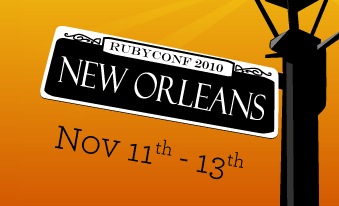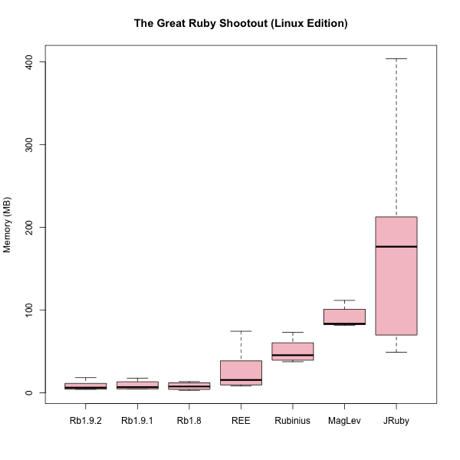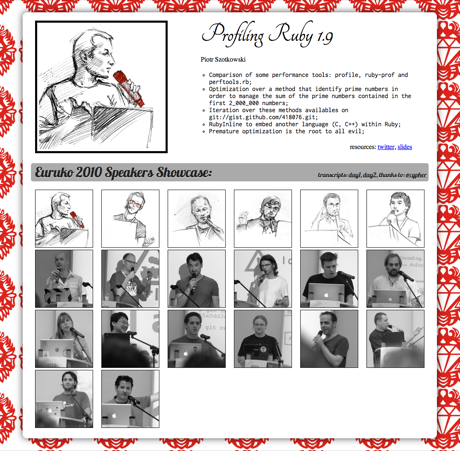Yesterday, Lyle Johnson of the FXRuby GUI toolkit project stood aside as the project’s maintainer, effectively retiring the project:
The undertone here is that the FOX Toolkit, upon which FXRuby operates, isn’t underseeing significant development and, perhaps, there is little more for FXRuby to be doing (at least, little in the way of exciting or interesting) and Lyle wants to shuffle the project off his plate.
Lyle cites Jamis Buck’s dropping of his Capistrano deployment system project as an inspiration, though Capistrano’s story turned out to be a happy one after being adopted, for the most part, by Lee Hambley. Read More




